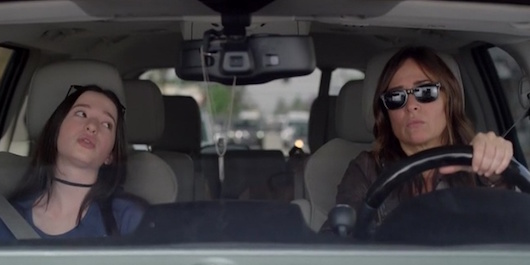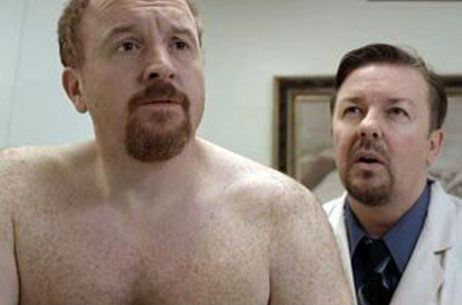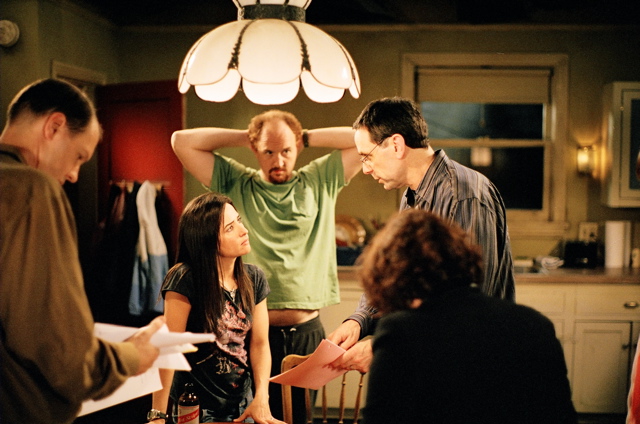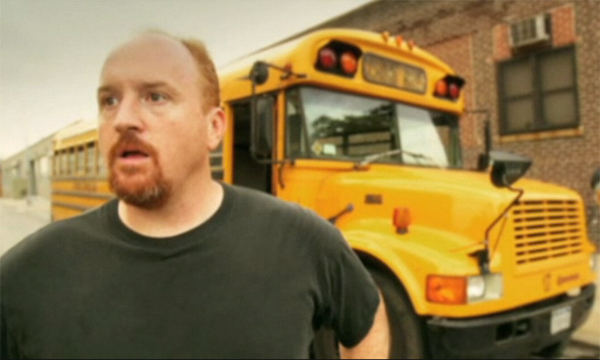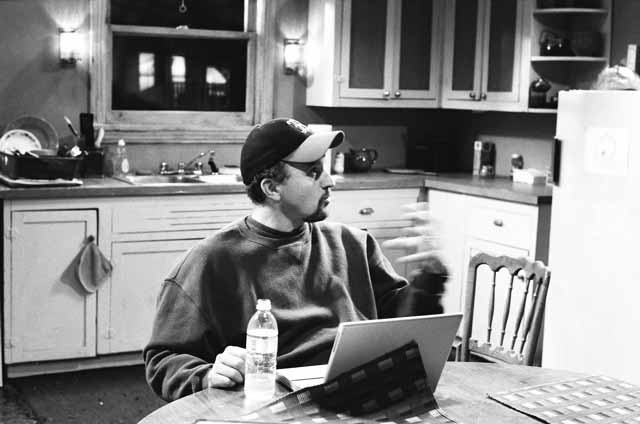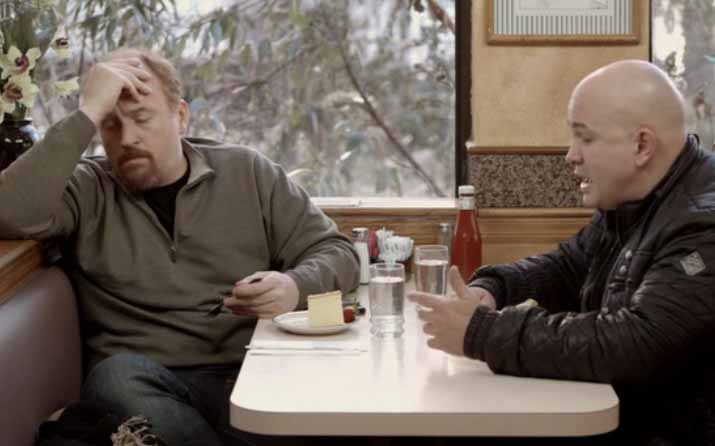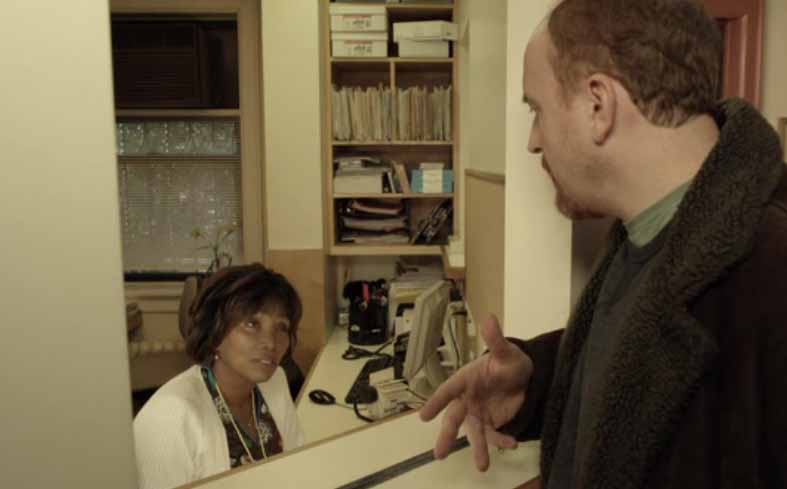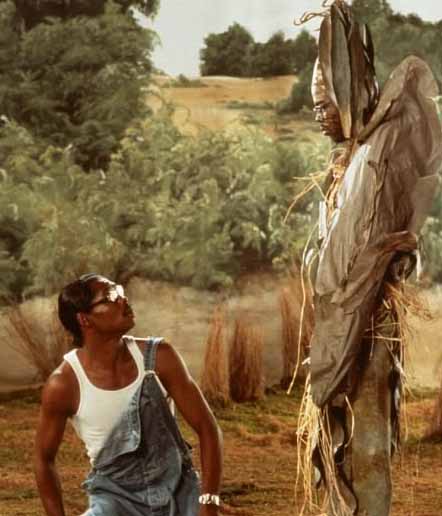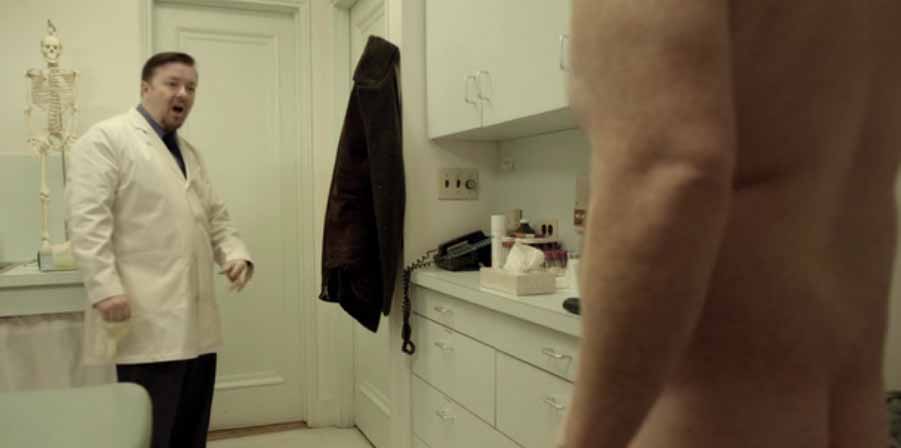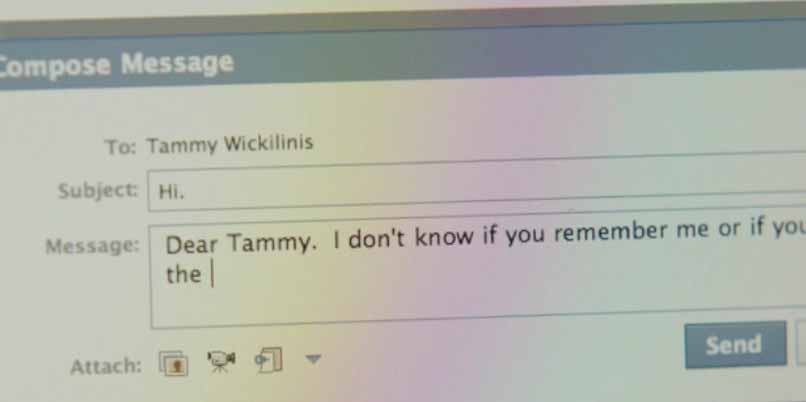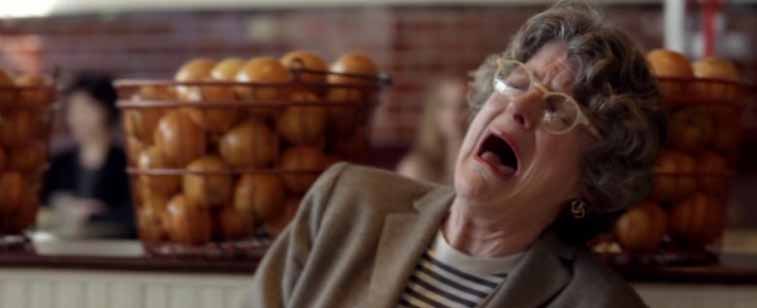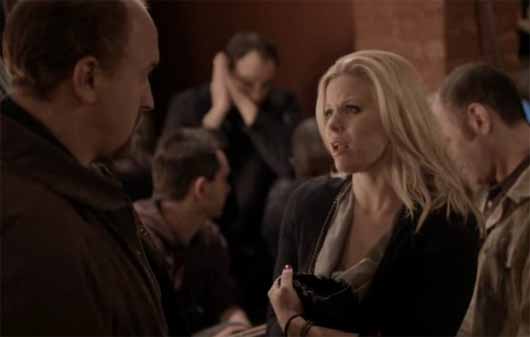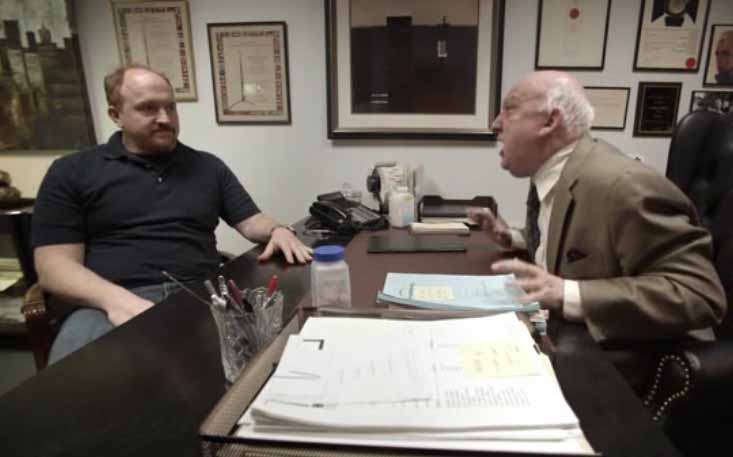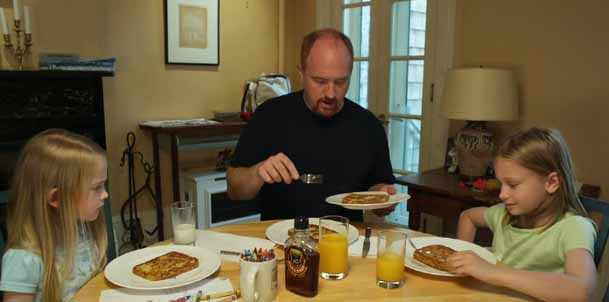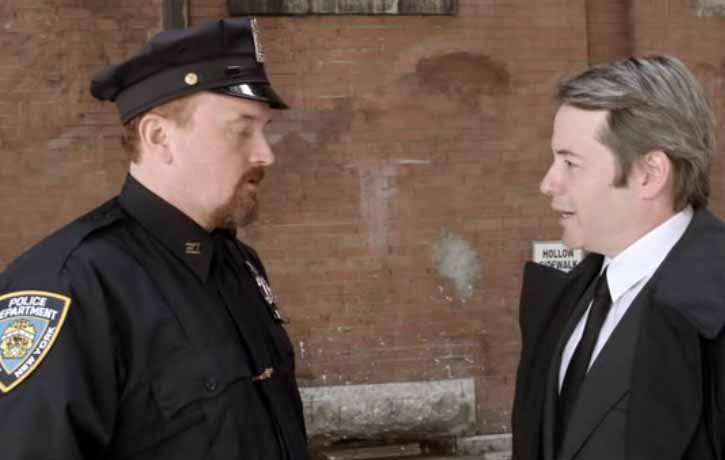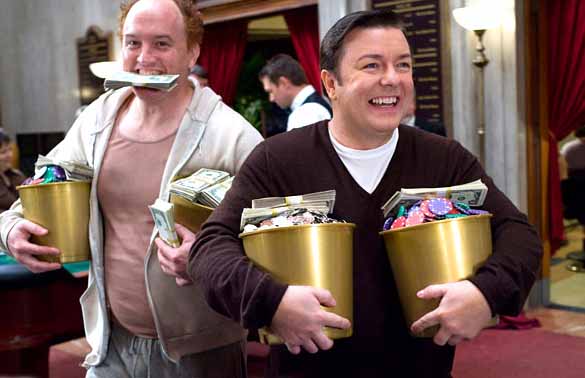 TV
TV In Which We Decide To Become An Actress Living In Los Angeles
 Thursday, September 15, 2016 at 11:30AM
Thursday, September 15, 2016 at 11:30AM 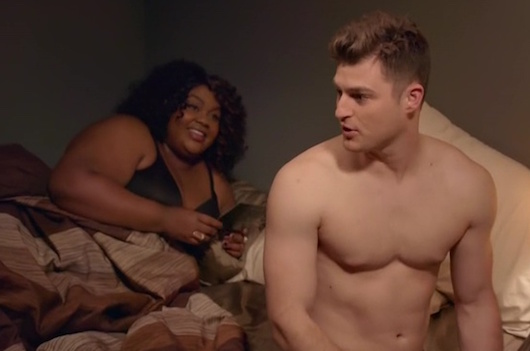
Afternoon Audition
by ELEANOR MORROW
Loosely Exactly Nicole
creators Christian Lander & Christine Zander
MTV
Better Things
creators Louis CK & Pamela Adlon
FX
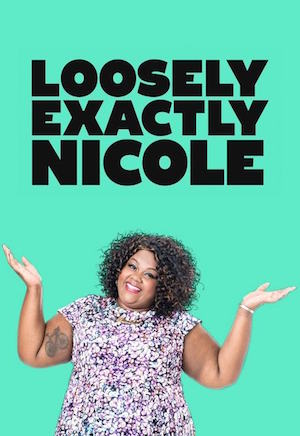 Every single person faces the prospect of reincarnation. When we emerge into our second lives, we live either in Van Nuys or Silverlake and go to endless, disappointing auditions. Such is the subject of two new television series, FX's Better Things and MTV's Loosely Exactly Nicole.
Every single person faces the prospect of reincarnation. When we emerge into our second lives, we live either in Van Nuys or Silverlake and go to endless, disappointing auditions. Such is the subject of two new television series, FX's Better Things and MTV's Loosely Exactly Nicole.
The latter features a ubiquitous presence on MTV of late, comedian Nicole Byer. It is not hard to figure out why the network is so high on her, since Byer is probably the most charismatic performer they have by leaps and bounds. Loosely Exactly Nicole details her life with roommate Devin (Jacob Wysocki), a massive gay man who has a natural rivalry with Nicole's other best friend Veronica (fellow standup Jen D'Angelo).
The three of them spend a very serious amount of time talking about men, but it is all talk: even though Nicole's boyfriend Derrick (Kevin Bigley) features on occasion, he is more just a stationary penis for Nicole to ride during the evenings. During the day, she is a nanny for a Taiwanese kid (Ian Chen), who she takes to her auditions if it seems absolutely necessary.
Loosely Exactly Nicole is the first show to make life in Los Angeles seem the least bit bearable. At times the production seems like it occurs in a series of parking lots; even the scenic park where Devin goes to reunite with a standard-looking white guy from his past looks like dogshit. This seems a conscious choice to make Nicole stand out even more from the world around her. It turns this MTV series into an inspiration, aspirational project for young people: simply by being fabulous you can ascend above your shitty surroundings, wherever they may be.
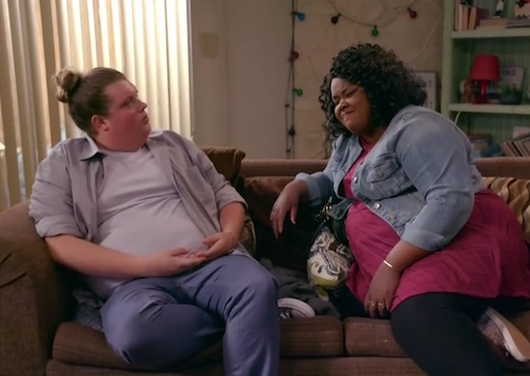
Nicole goes on various tinder dates since her thing with Derrick is more of a friends-with-benefits type situation. On one such meet-up, the white man informs her not to get another drink unless she plans to sleep with him. (He had spent too much money this week.) This is the most agency any straight white man shows on Loosely Exactly Nicole; this species is basically a blank canvas for Devin, Veronica and Nicole to project themselves onto at intervals.
Despite a relatively memorable physical form, Byer is so much more of a chameleon than you would think. One episode has her changing hairstyles, and it takes this small cosmetic change to show off what astonishing range she truly has as an actress. The writing on Loosely Exactly Nicole never lets her down: it is consistently hysterical. Watching Amy Schumer after watching this turns Amy into a parody of itself, since all of Byer's sex commentary is so much dirtier and true-to-life. It will be very difficult for a stronger comedy to emerge from this fall season of television.
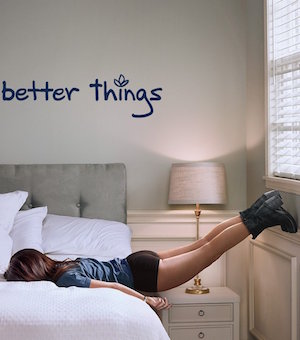 Better Things, the apology project from Louis CK after he masturbated in front of all those women, does not benefit from this comparison. Pamela Adlon plays herself as Sam, a Los Angeles-based voice and television actress who unlike Nicole Byer lives in a beautiful home with her wonderful children. It is pretty unclear why Adlon is so unhappy. If she actually had to lead Nicole Byer's life, my guess is that she would drown herself in the La Brea tar pits.
Better Things, the apology project from Louis CK after he masturbated in front of all those women, does not benefit from this comparison. Pamela Adlon plays herself as Sam, a Los Angeles-based voice and television actress who unlike Nicole Byer lives in a beautiful home with her wonderful children. It is pretty unclear why Adlon is so unhappy. If she actually had to lead Nicole Byer's life, my guess is that she would drown herself in the La Brea tar pits.
It made sense when Louie was whiny and annoying since the theme of his show was what an entitled prick he was to everyone in his life, at all times. Adlon has a similar perspective on her life, except we are supposed to sympathize with her completely. Louie was also painfully short on actual love stories and geniune connections with people. Better Things features Pamela Adlon obssessing over a guy from her past who texts her that he is thinking about her:

This eerie anxiety when the ellipsis indicate the other party is typing on their iPhone is the kind of soft touch Adlon & CK bring to some of Better Things' more intimate moments. The show falters the most when brings Adlon into broader, showbiz comedy, like a scene where Bradley Whitford performs fake cunnilingus on her. That sketch falls so flat that it makes me wonder whether the half-hour format really suits what they were trying to do here.
Better Things is so much less interesting when Adlon not-so-hilariously fuming at the clerk in a drugstore or complaining about the teacher of her children. Sam's three daughters are very young, with her oldest, Max (Mikey Madison), just entering her teen years. Max asks her mother to get her pot, a suggestion which is met with complete disdain and utter rejection, even though it is honestly didn't seem that crazy 20 years ago, let alone now, for a kid whose mother is an actress living in this house:

Adlon's actual ex-husband lives in Germany and does not have much of a relationship with his children. We get some sense of how isolating that is for her, and yet the real Pamela Adlon seems like so much more of a happy person than Sam. When it is most predictable, Better Things feels like a televised spin-off of Bad Moms, even though Adlon does not really do anything very questionable with or around her children. She is mostly just sad, depressed and exhausted. It is maybe not the best sign for a comedy that it is most compelling without the jokes.
Eleanor Morrow is the senior contributor to This Recording. She is a writer living in Manhattan.
